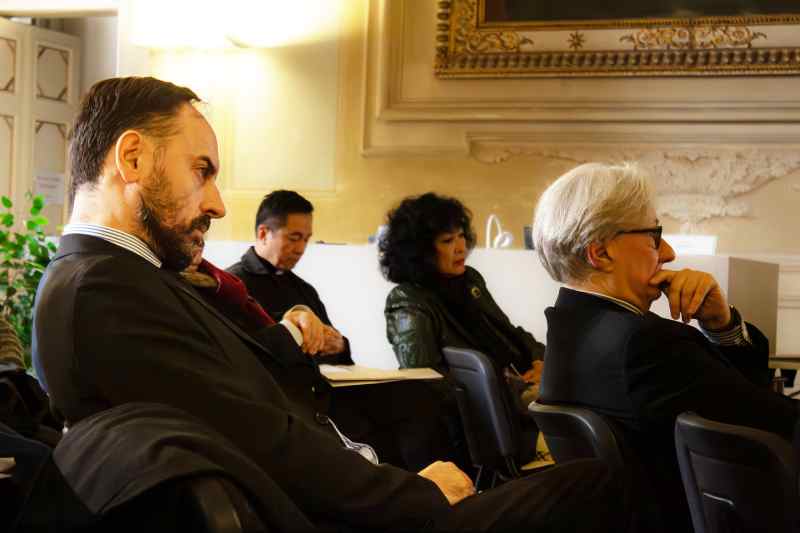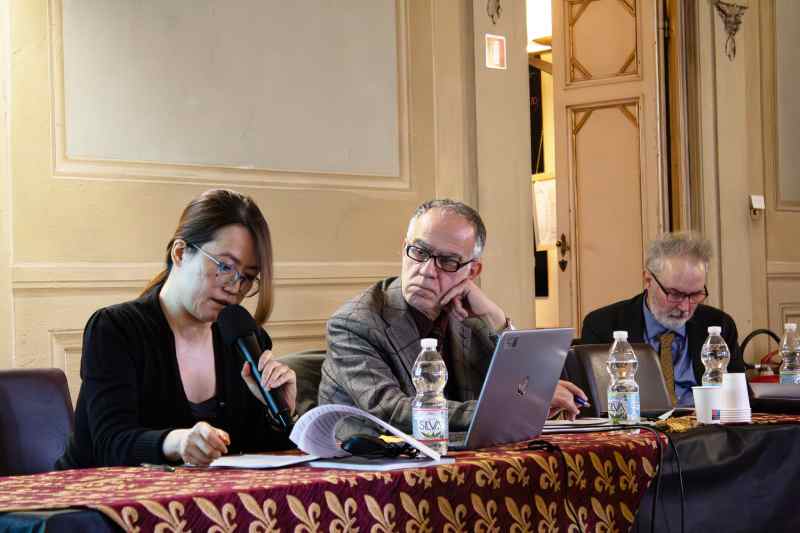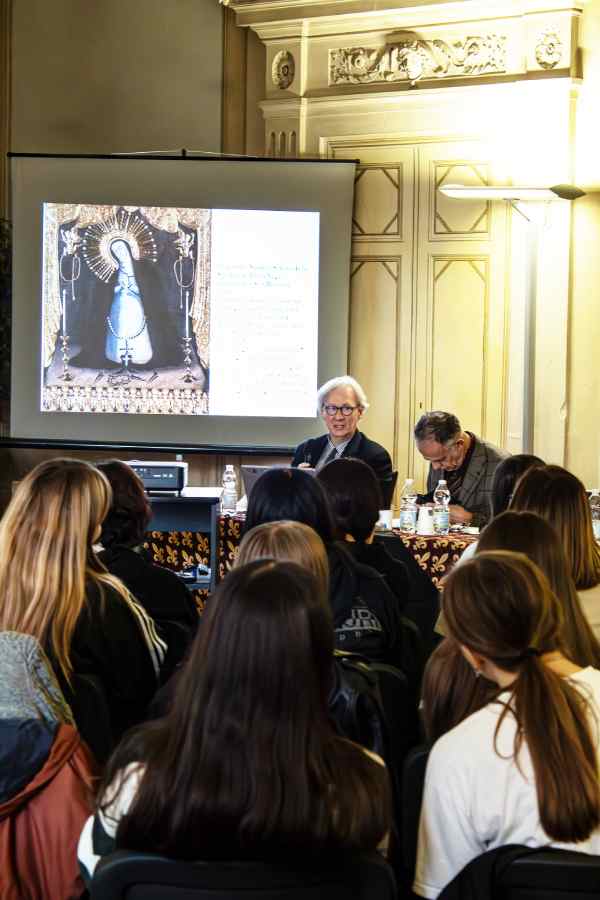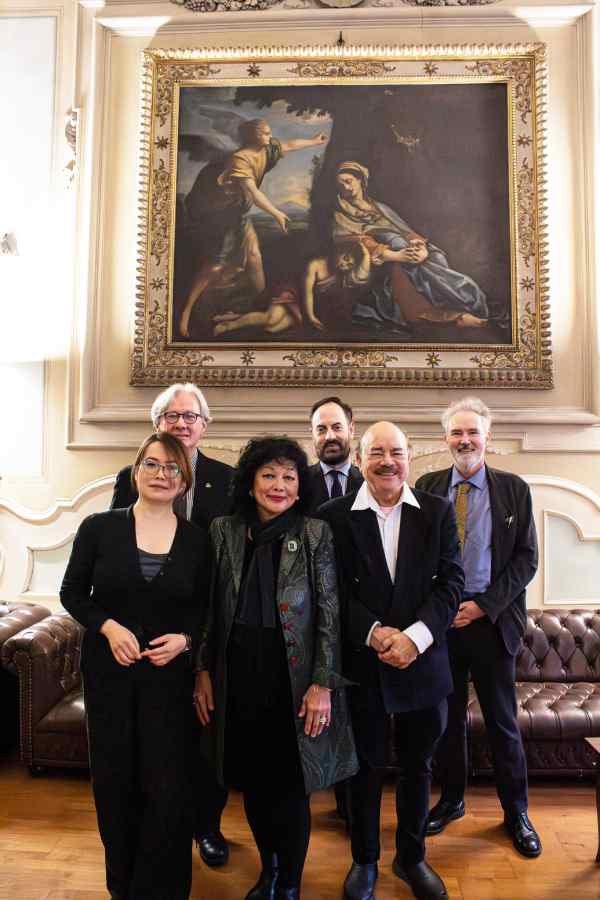On 21 October 2025, ISI Florence hosted the first conference ever dedicated to early modern ties between Italy and the Philippines. Scholars, diplomats, and artists came together to explore how religion, diplomacy, and culture intersected across the continents.
The day began with welcome remarks from Stefano U. Baldassarri, Director of ISI Florence, and Lolita Valderrama Savage, internationally acclaimed Filipino artist.
Pre-recorded messages from Davide Giglio (Italian Ambassador to the Philippines) and Marco Lombardi (Director of the Italian Economic, Trade and Cultural Promotion Office in Taipei) framed the discussions, alongside the warm live speech from Virgilio Reyes, former Philippine Ambassador to Italy, who defined his country’s historic role and identity as the bearer of the missionary legacy of 333 years.
Father Reynold Corcino introduced the day’s theme by reading a letter from Father Gerard Francisco Timoner III, General of the Dominican Order (and a native of Daet, Philippines), highlighting the enduring significance of missionary work.
The first panel featured Gabriele Capecchi, who traced Florence’s historical links to the Philippines through explorers and naturalists. Carlo Cinelli examined Vittorio Ricci’s role as missionary, cultural mediator, and diplomatic envoy.
In the afternoon session, chaired by Francesco Stella, Spyridon St. Kogkas explored how the Vatican’s missionary legacy can serve as both a historical reference and a foundation for contemporary intercultural dialogue and global collaboration.
Zhang Zheng Ying, then, examined Vittorio Ricci and Angelo Cocchi’s relations with the Philippines, Taiwan, and Ming China. Francesco Vossilla analyzed Ricci’s diplomatic missions involving Coxinga and the Dutch East India Company.
- Francesco Vossilla (Società di Studi Giuseppe Castiglione – Gonzaga University in Florence).
- Conference panel and speakers.
Organized by ISI Florence and the Società di Studi Giuseppe Castiglione, with support from Accademia La Colombaria and Destination Florence, the conference highlighted enduring historical ties. It also underscored the continuing relevance of early modern networks in fostering intercultural dialogue.
We are sincerely grateful to all the speakers for sharing their research and insights, and to everyone who attended and contributed to the engaging academic discussions that made this conference a truly memorable exchange. Click here for the full conference program.



